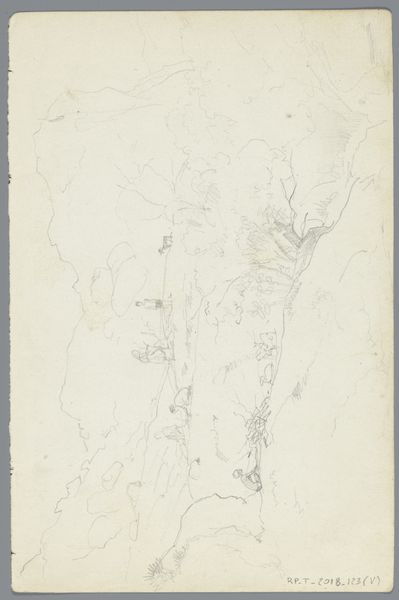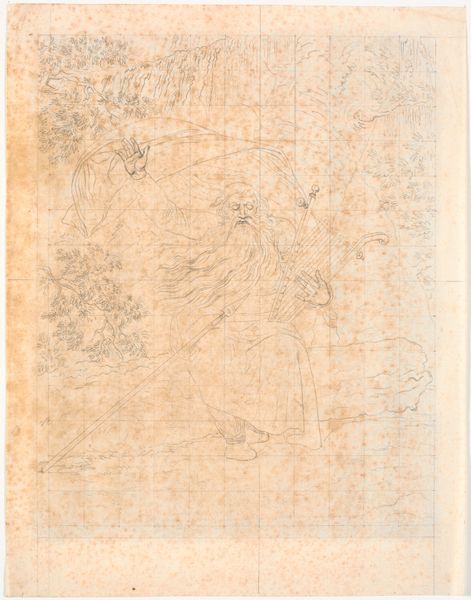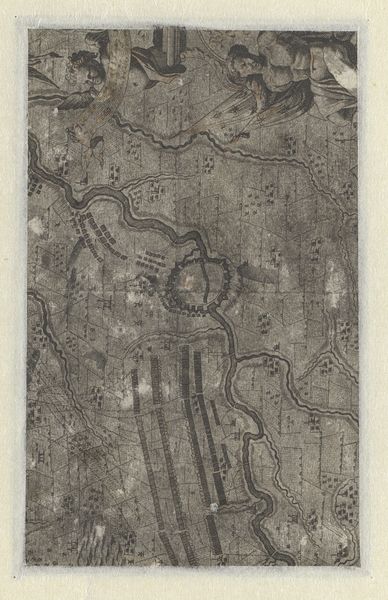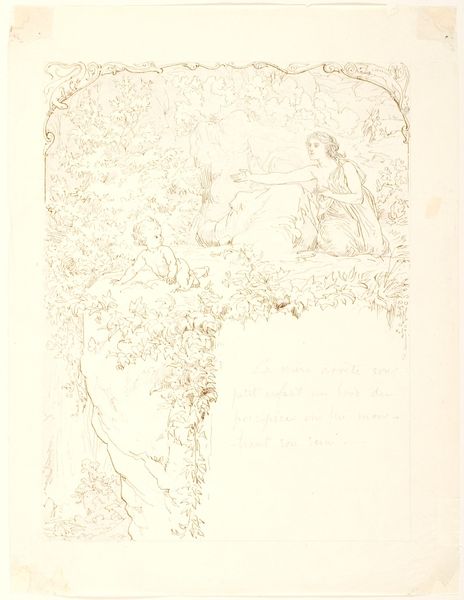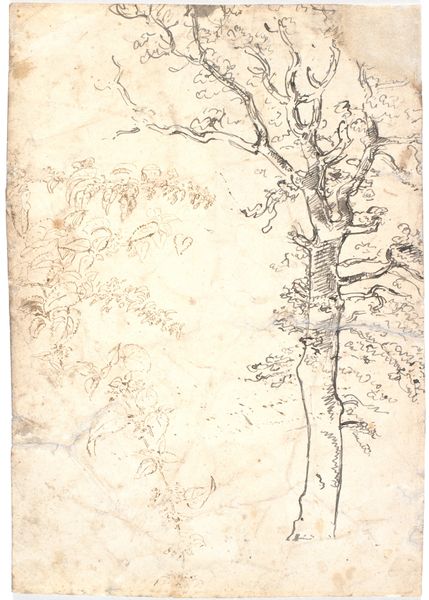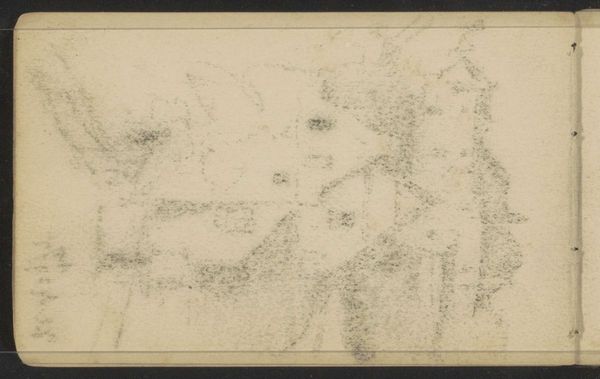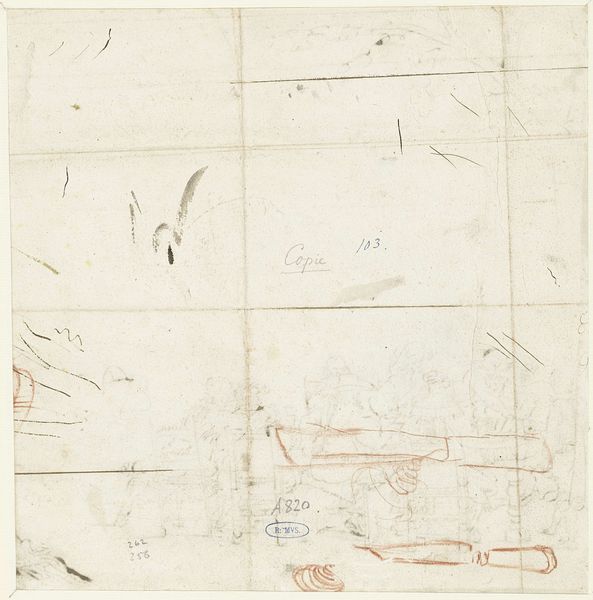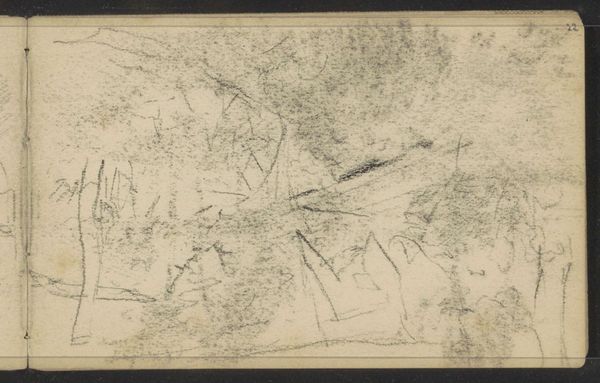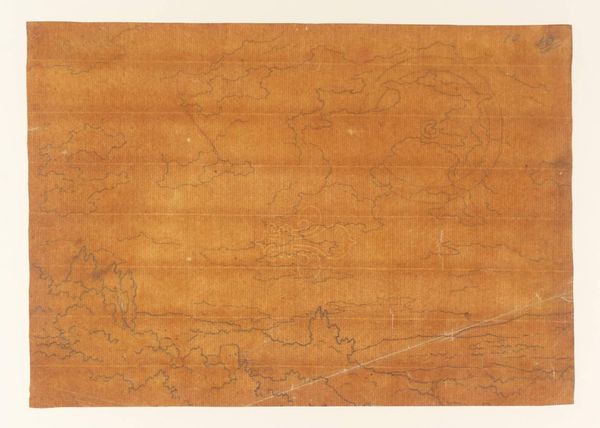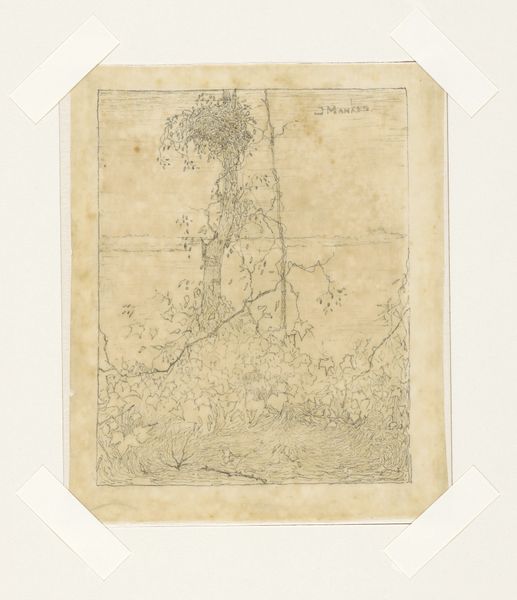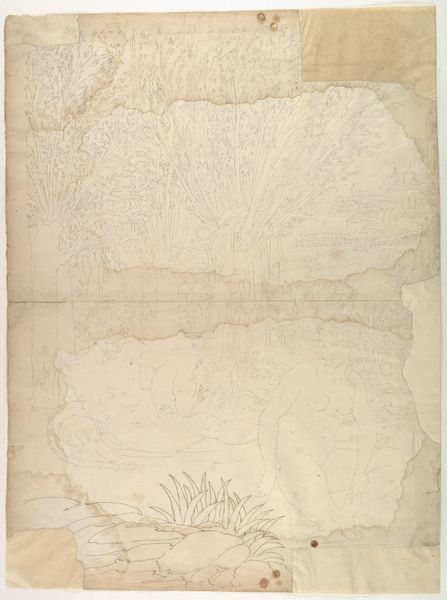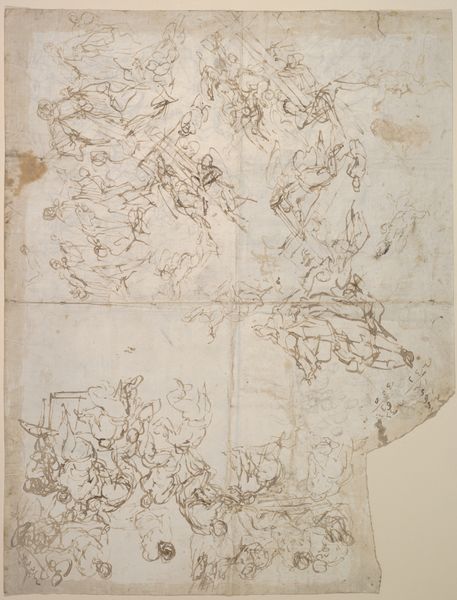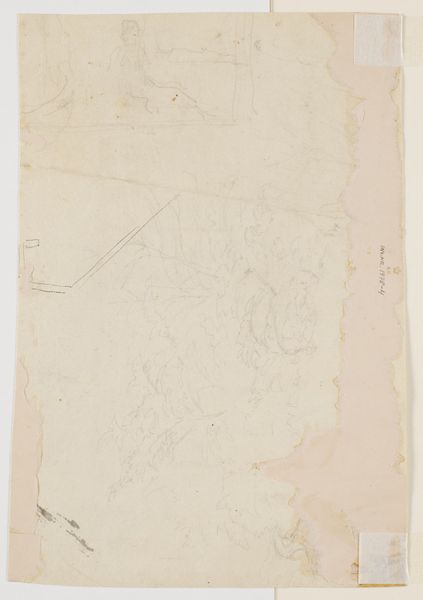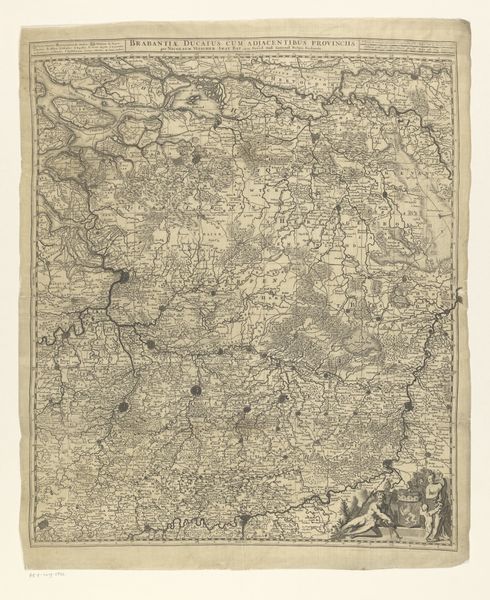
Studies of the Madonna and Child (recto) 16th-17th century
0:00
0:00
drawing, black-chalk
#
portrait
#
drawing
#
figuration
#
form
#
academic-art
#
italian-renaissance
#
black-chalk
Dimensions: 8 3/16 x 5 1/8 in. (20.8 x 13.02 cm) (sheet)
Copyright: Public Domain
Editor: Here we have “Studies of the Madonna and Child,” a drawing in black chalk made in the 16th or 17th century by Giulio Cesare Procaccini. It's held at the Minneapolis Institute of Art. What immediately strikes me is its unfinished quality. It feels like we’re peeking into the artist’s process. What do you make of it? Curator: Oh, I adore that feeling, that raw glimpse into creation itself! You see the artist wrestling with form, with the divine feminine and nascent innocence… I feel like I'm observing the echoes of Renaissance masters filtered through Procaccini's own baroque sensibilities. There's a looseness here, a fluidity. Tell me, does the composition evoke a specific emotion in you, looking at the various depictions? Editor: It’s more a feeling of fleetingness. Like catching glimpses of a dream. It's there, then it's gone... Curator: Precisely! Think about the context. Perhaps he’s rapidly sketching ideas for a larger altarpiece. Each stroke imbued with the intensity of religious devotion. Do you see how the positioning and scale subtly shift in each study, reflecting an exploration of the sacred relationship? Editor: I do. It's not just about depiction but… investigation. I was stuck on its unfinished feel before, but now I see how much that adds to its strength as a window into artistic interpretation. Curator: Exactly! That supposed "unfinishedness" becomes the very point! It lets us connect with the artistic process in such an immediate and powerful way. Editor: It's amazing how something seemingly incomplete can offer such a full view. I wouldn’t have seen it that way without our conversation. Thanks! Curator: And thank you. Now I feel an itch to create something myself! The joy of art history, wouldn't you agree?
Comments
minneapolisinstituteofart about 2 years ago
⋮
Hailing from a long line of painters, Giulio Cesare Procaccini was one of the most successful artists working in Milan in the early 17th century and a key figure in developing a new artistic language in religious art at this moment, as artists gradually moved away from the mannerist language that had dominated painting in the second-half of the 16th century. Procaccini’s ability to humanize religious subjects was a key aspect of his style which ushered in this new era, and this is nicely demonstrated in this informal group of figures studies—"primi pensieri" or first thoughts—which were likely executed by the artist in a matter of minutes as he worked out a number of ideas right on the sketch page.
Join the conversation
Join millions of artists and users on Artera today and experience the ultimate creative platform.
